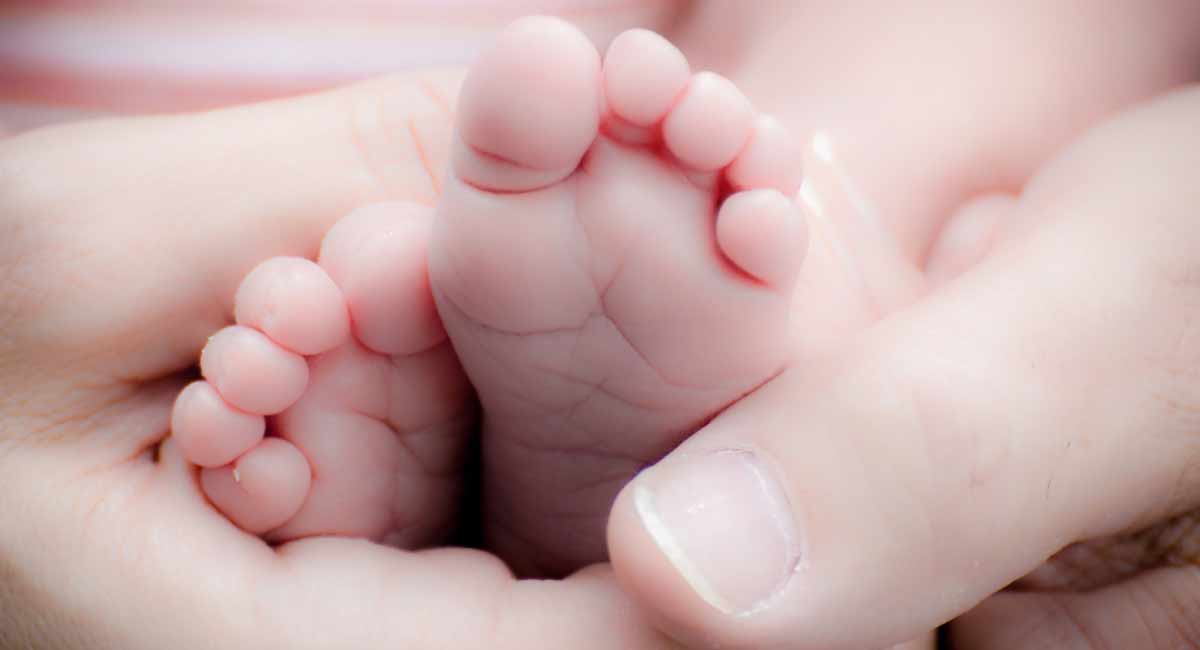“Wrongful birth” lawsuits are controversial. Sometimes known as “wrongful life” lawsuits, they occur when parents sue a doctor or medical facility claiming their child should not have been born, often because the child was born with disabilities. Now, thanks to a legal ruling in Washington state, there is a chance these lawsuits will become more common.
The Associated Press reported that in a recent case, the Washington Supreme Court ruled unanimously it was acceptable to give “extraordinary” awards in wrongful life suits, due to children born with disabilities or birth defects.
The case was brought based on the case of Yesenia Pacheco, who got pregnant in 2011 when a federally funded health clinic failed to give her the Depo Provera birth control shot she requested and accidentally administered a flu vaccine instead. Pacheco and her boyfriend, Luis Lemus, had a little girl named Sandra, who is severely disabled; she is, according to the Associated Press, “mostly blind, suffers seizures, falls often and is ‘horribly disabled.'”
In 2020, U.S. District Judge Robert Lasnik awarded the couple $10 million, with $7.5 million for expenses relating to Sandra’s care and $2.5 million in damages for her parents. The Department of Justice appealed the ruling, arguing that the birth control was not meant to specifically avoid a child being born with disabilities, and they should only be held responsible for costs relating to Pacheco’s pregnancy and birth. The 9th Circuit then asked the Washington Supreme Court to weigh in on the issue.
Justice Mary Yu authored the 9-0 decision and said that as some children are born with birth defects, the possibility that Pacheco would give birth to a child with a disability was a foreseeable circumstance. “I don’t know what’s left to argue about,” Mike Maxwell, the family’s attorney, told the Associated Press. “This whole appeal has served no purpose other than delaying her care and further injuring this child. It’s been a long road. The government needs to pay.”
However, Yu also noted that the terminology used in prior rulings in Washington state has been harmful. “It is both incorrect and harmful to refer to any person as ‘defective’ or to suggest that a child with congenital defects is not ‘normal,’” she wrote. While that is a reassuring strike against ableist verbiage, the ruling itself will almost certainly encourage more couples to file wrongful life suits in the future.
Though the lawsuits have been relatively rare, the advent of prenatal testing has encouraged more people to complain that they did not have a chance to abort their children due to disability. Multiple people have sued over conditions like Down syndrome or cystic fibrosis, claiming that they would have aborted their children had their health care provider given them prenatal testing. Such lawsuits are so controversial that the Kansas Supreme Court banned them just last year. Attorney General Derek Schmidt told the Associated Press at the time that “[t]he birth of a child should be cause for celebration, not for the law to award damages because the child was ‘wrongfully’ born.”
Yet the Washington Supreme Court ruling could open the door for that ruling to be challenged, as well as offer other parents angry about parenting a child with a disability the chance to not only sue, but to receive a substantial payout. Prenatal testing is meant to be a valuable pro-life tool, but instead, it’s been hijacked to encourage parents to get eugenic abortions.
This Washington ruling could also encourage fearful doctors to push prenatal testing on parents solely to avoid being sued for tens of millions of dollars over the birth of a child with a disability. Ultimately, it continues to encourage viewing the birth of a child with a disability as a tragedy to be prevented when possible, and as something so awful that parents must be compensated for it.
“Like” Live Action News on Facebook for more pro-life news and commentary!







